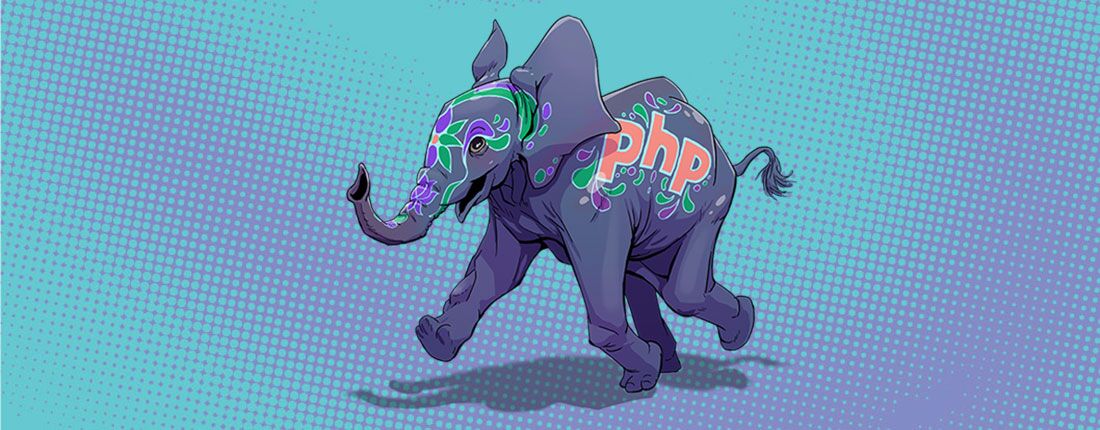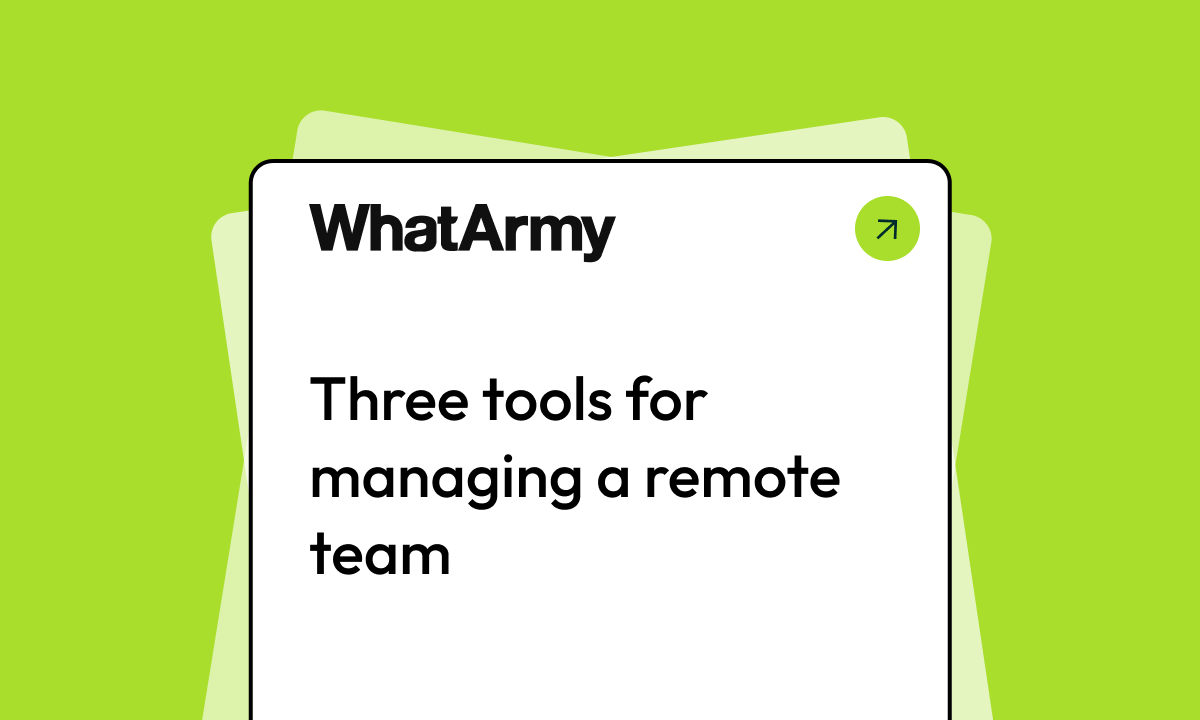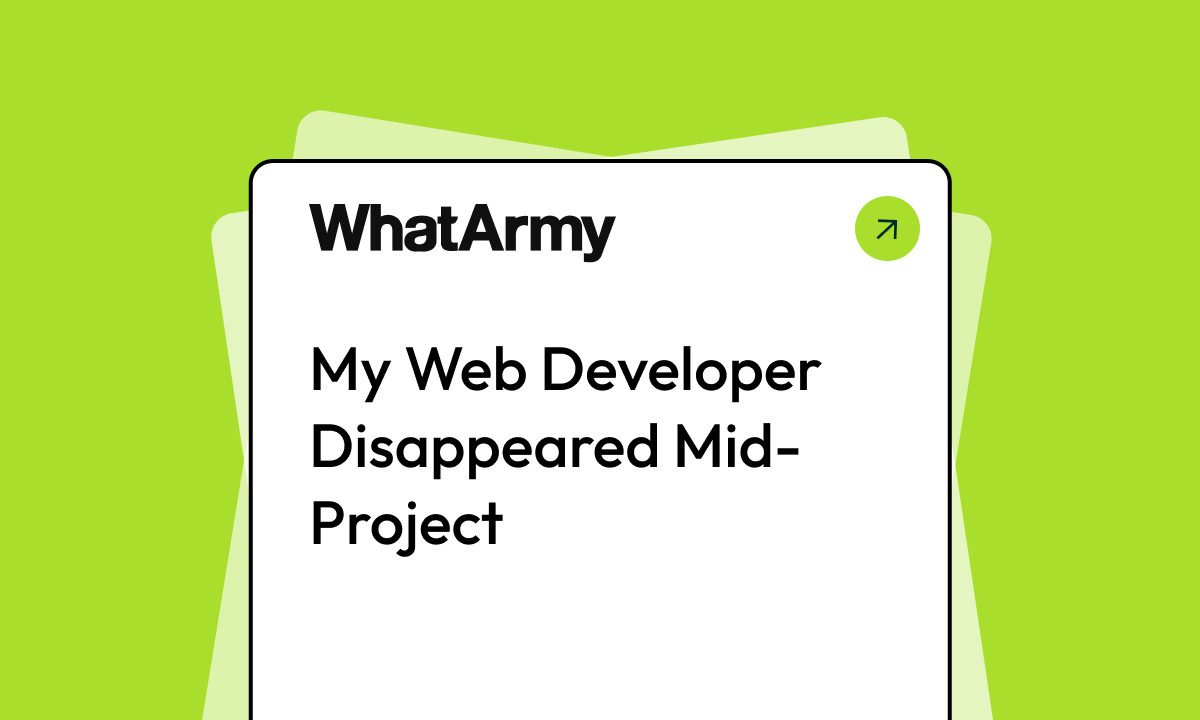PHP is the open source programming and scripting language used by all WordPress sites. At the end of 2018, two of the most common versions of PHP (5.6 and 7.0) will reach end of life.

Essentially, this means that if any security issues are found, or if any bugs develop, they simply will not be fixed. The resolution is to ensure that your site can be successfully upgraded to the latest version of PHP ( 7.2).
PHP updates are a regular occurrence, but in the case of this version, it took time for some hosts to fully prepare their infrastructure for the latest version. There are some significant changes which will greatly improve the performance and security of WordPress sites. A test run by Phoronix showed anywhere between a 13% to a 250% increase in site performance after upgrading to PHP 7.2 (depending on which version you are upgrading from), but changes in general always introduce the potential for problems.
Between a 13% to a 250% increase in site performance after upgrading to PHP 7.2
As with any update, we highly recommend performing some testing to ensure that your site will make the jump successfully, with zero downtime.
Different hosts deal with the upgrade process in different ways. Many lower cost hosts will simply upgrade sites in the background without communicating the change, leaving site owners to deal with issues after the fact. Managed WordPress hosts such as WPEngine, on the other hand, provide tools which allow site owners to test the updates before they are applied to the live site. This allows for resolving any problems BEFORE they are applied to the live site. But even in these cases, if the site owner does not update PHP, it will automatically be updated in the background at some point.
There are options for testing things in every situation, and we highly recommend that every site owner take some steps to make sure that their site can make the jump painlessly. We urge everyone to take the following steps:
- Make sure that all of your plugins and themes are up to date.
- Make sure that your subscriptions are up to date for any paid/premium plugins
- Check that all of your plugins are currently supported by their original development teams. Remove or replace any older abandoned plugins wherever possible.
- Run a PHP compatibility scanner to identify any obvious problems
- Leverage any tools provided by your host (where available) to test for significant issues
- Copy your site to a PHP 7.2 server and test to ensure that no issues are encountered. If problems are found, document both the problem and resolution so that fixes can be implemented before the live site is upgraded
- Run a full backup of your site and download it to a safe location
- Upgrade your live site to PHP 7.2
Read theWPengine PHP7.2 upgrade guide

In some situations, these steps can be performed relatively quickly. If your site passes each check, then progress can be made quickly, and if your site is well maintained and up to date, then the potential for problems will be significantly minimized. But even well maintained, fully up to date sites can have issues depending on how they were coded, so we highly recommend that every site is tested before they are upgraded.
Check with your host to make sure that you are aware of how they will be managing the upgrade process, and be sure to leverage whatever tools they provide. Every host is in the process of migrating sites, and you will want to make sure that you understand when and how your site will be making the jump.



